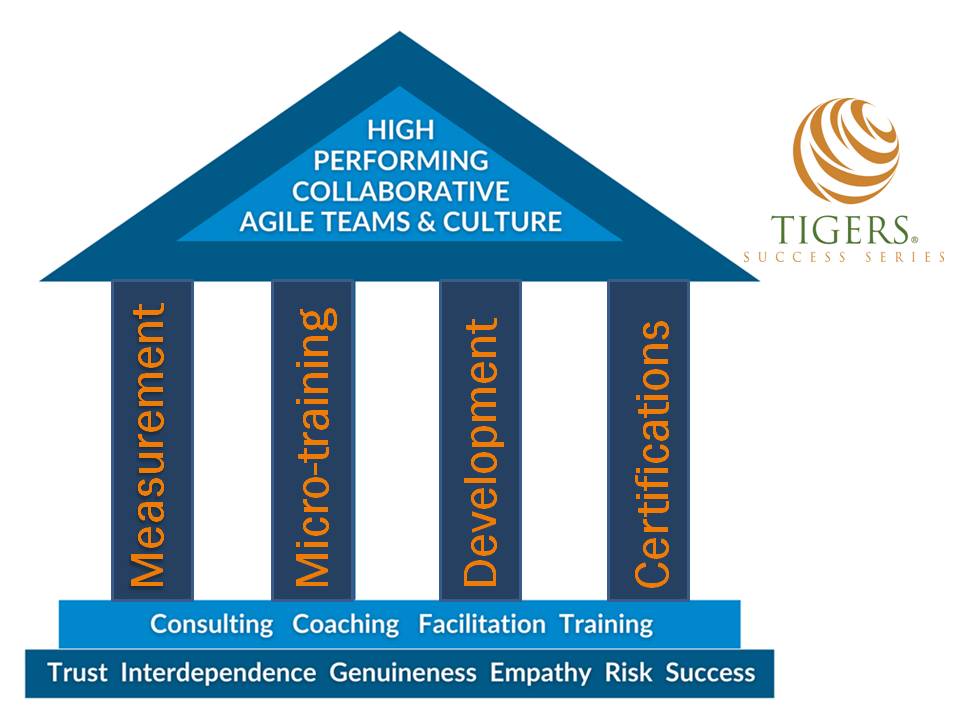The return to “normal” hasn’t been easy on anyone. Businesses and communities are still locking horns with new rules of protocol and etiquette. And many are in the process of learning how to rebuild safely. Therefore what are the skills and attitudes that benefit post lockdown managers?
When the proper thing to do isn’t obvious, we look to leaders to help us navigate the post-pandemic landscape academically, personally, and professionally.
Here are the skills every leader must have in their return-to-work arsenal.
Post pandemic managers must manage change quickly
In a previous article, I mentioned how crucial it is for organizations to react quickly. It’s precisely why agile, cross-functional teams are needed. Managers and business owners must be able to anticipate needs and respond accordingly.
In the last year alone, we have undergone a presidential election that has left us divided on so many levels, argued on the horrific death of George Floyd, debated on the issue of immigration, battled with religious freedom, fought over racism and gender inequality… all these and more, over and above the appalling effects of Covid 19.
Regardless of your organization’s size, leaders must be able to navigate these issues. They must be able to nurture an environment where stakeholders (regardless of race, religion, socio-economic status, gender, sexual orientation, health or age, or even how they feel about vaccines) feel physically and mentally safe and valued.
Leaders will encounter these issues in some form – by way of culture, logistics, or even in the normal course of business. Thus, the solution is to form teams within your organization to enable quick information dissemination and make fast-moving, targeted well-thought decisions.
Post pandemic managers must build cohesive teams
Onsite or remote, full-time or part-time, hybrid or not, leaders must strive to build strong, unified teams.
The 9-to-5 grind may now be the exception. Organizations have seen the benefits of providing flexibility when it comes to working hours and venues. But while the arrangement reaped productivity and lower overhead costs, the drive to encourage a cohesive community shouldn’t stop. When employees stop feeling connected and appreciated, motivation suffers.
Leaders must design programs that ensure teams work cohesively through:
- Regular Group Meetings – Regular meetings and huddles (that shouldn’t take more than an hour) must be on the menu for the week. Schedule regular video calls and if possible, in-face meetings where the agenda is clear and concise.
- Consistent Communication – There is such a thing as over-connection. But consistent communication doesn’t necessarily entail an overload of information on the group chat or a daily video conference. It simply implies communicating clearly and consistently to ensure assignments are completed on time and not done haphazardly.
- Fostering genuine relationships – Digital tools have kept us connected and disconnected at the same time. While the tools available have made employees accessible, team members still want to feel that the company is genuinely concerned with their physical and mental well-being. Leaders should take the time to check in on their employees.
- Recognition, gratitude, and talent development – Appreciation for a job well done goes a long way. Being recognized for one’s efforts through incentives, bonuses, or gift cards motivates your employee to persevere (even when times are tough). Further, recognizing potential by providing training, mentoring, and coaching communicates that management values them.
Last but not least, be an inspired leader
The term “Inspirational leader” might sound a little superficial. It’s the go-to praise given to anyone who has achieved some form of success.
Perhaps the more apropos term would be “inspired leader”. Being inspirational is an accolade. But being an inspired leader comes from within.
Keeping employees engaged is getting to be more of a challenge through a screen. But it does make a difference when your organization sees your genuine efforts to self-reflect and improve. For instance, the events of 2020 are seen to impact the lives of billions around the world for years to come. The influence will manifest in people’s priorities and what they want from the companies they buy from. Research shows that consumers are more likely to support businesses that connect with them. More consumers also feel a stronger connection to a brand when the CEO is visible. People want to work for and purchase from businesses that encourage them.
They are less tolerant when they sense that a company lacks integrity.
Take, for instance, those viral videos of a “karen” going berserk in an aircraft for refusing to wear a mask, or that manager who berated a fellow customer in a dine-in for being “Asian”. These incidents, together with others similarly situated resulted in the employee being fired or forced to resign as the companies they worked for risked their business being cast in a negative light.
It’s about not just fulfilling your job in the C-suite. But also about impacting the community around you. The more dedicated a leader is to develop, the better they can steer their organization towards growth.
Hit the ground running and join hundreds of companies who are painlessly navigating the post-lockdown business environment. Set your post-pandemic workplace for maximum productivity with TIGERS coaching and mentoring sessions. Talk to us.
Copyright TIGERS Success Series, Inc. by Dianne Crampton
About TIGERS Success Series, Inc.
TIGERS(R) Success Series is a robust collaborative workforce and high performance team development system. Founded on four years of research and subsequent validation, TIGERS offers group behavior assessment based on six collaborative principles – trust, interdependence, genuineness, empathy, risk and success for groups of eight or more people. Follow up training, coaching, consulting and licensing is available to independent consultants and qualified coaches, project managers and internal HR professionals. A Bend, Oregon based company, contact us here to schedule a discovery conversation.

